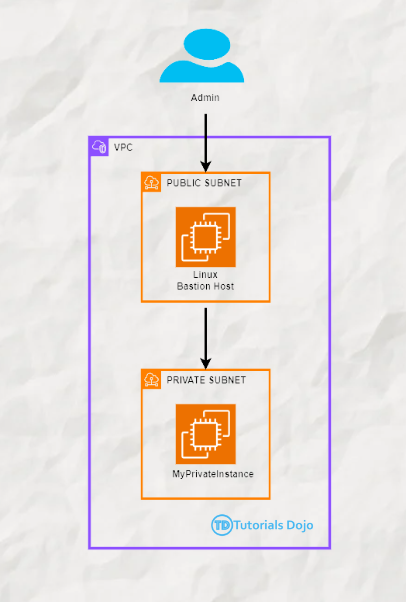AZ-400 Microsoft DevOps Engineer Expert Exam Study Path
Neil Rico2024-12-06T03:17:37+00:00Bookmarks Prerequisites Study Materials Azure Services to Focus On Validate Your Knowledge Final Remarks The AZ-400 Microsoft DevOps Engineer Expert certification is designed for professionals who want to demonstrate their expertise in implementing DevOps practices using Microsoft Azure technologies. This certification validates your ability to design, implement, and manage DevOps processes, including version control, build and release management, testing, and infrastructure as code. It optimizes development and operational collaboration to deliver scalable and secure software solutions. The Exam Will Measure Your Skills in the Following Areas: Design and implement processes and communications [...]










